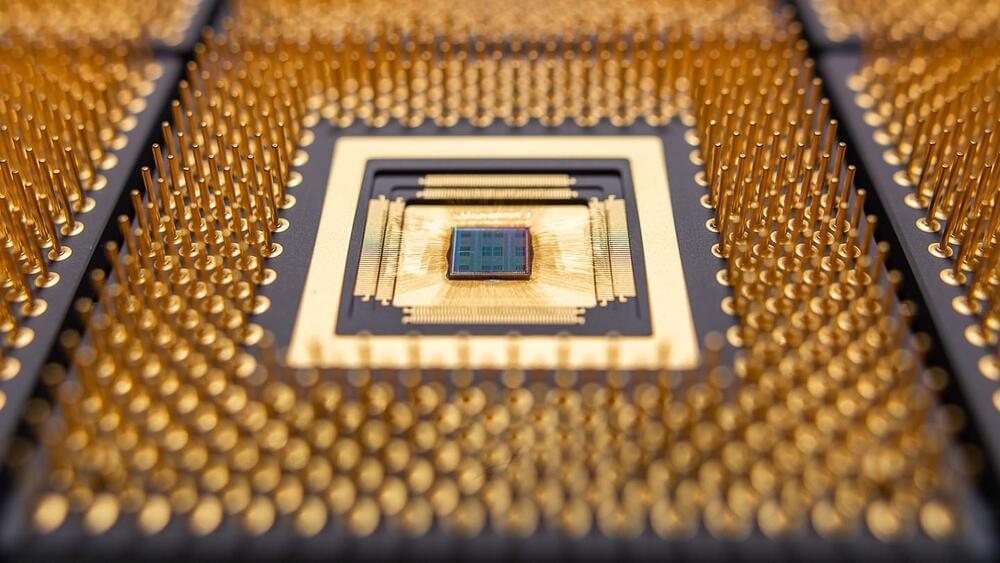The new hardware reimagines AI chips for modern workloads and can run powerful AI systems using much less energy than today’s most advanced semiconductors, according to Naveen Verma, professor of electrical and computer engineering. Verma, who will lead the project, said the advances break through key barriers that have stymied chips for AI, including size, efficiency and scalability.
Chips that require less energy can be deployed to run AI in more dynamic environments, from laptops and phones to hospitals and highways to low-Earth orbit and beyond. The kinds of chips that power today’s most advanced models are too bulky and inefficient to run on small devices, and are primarily constrained to server racks and large data centers.
Now, the Defense Advanced Research Projects Agency, or DARPA, has announced it will support Verma’s work, based on a suite of key inventions from his lab, with an $18.6 million grant. The DARPA funding will drive an exploration into how fast, compact and power-efficient the new chip can get.
